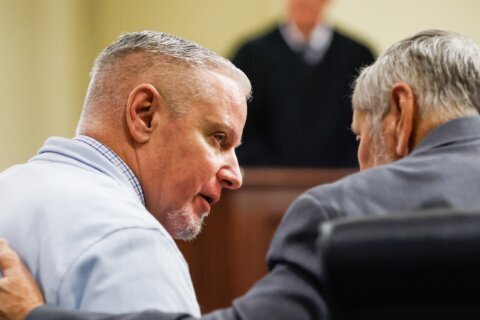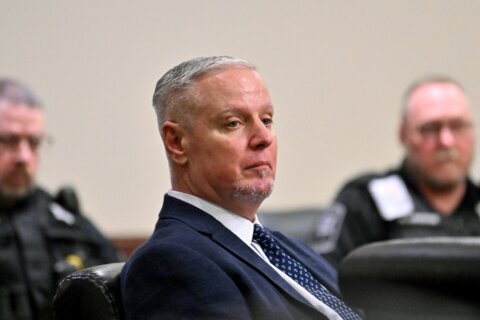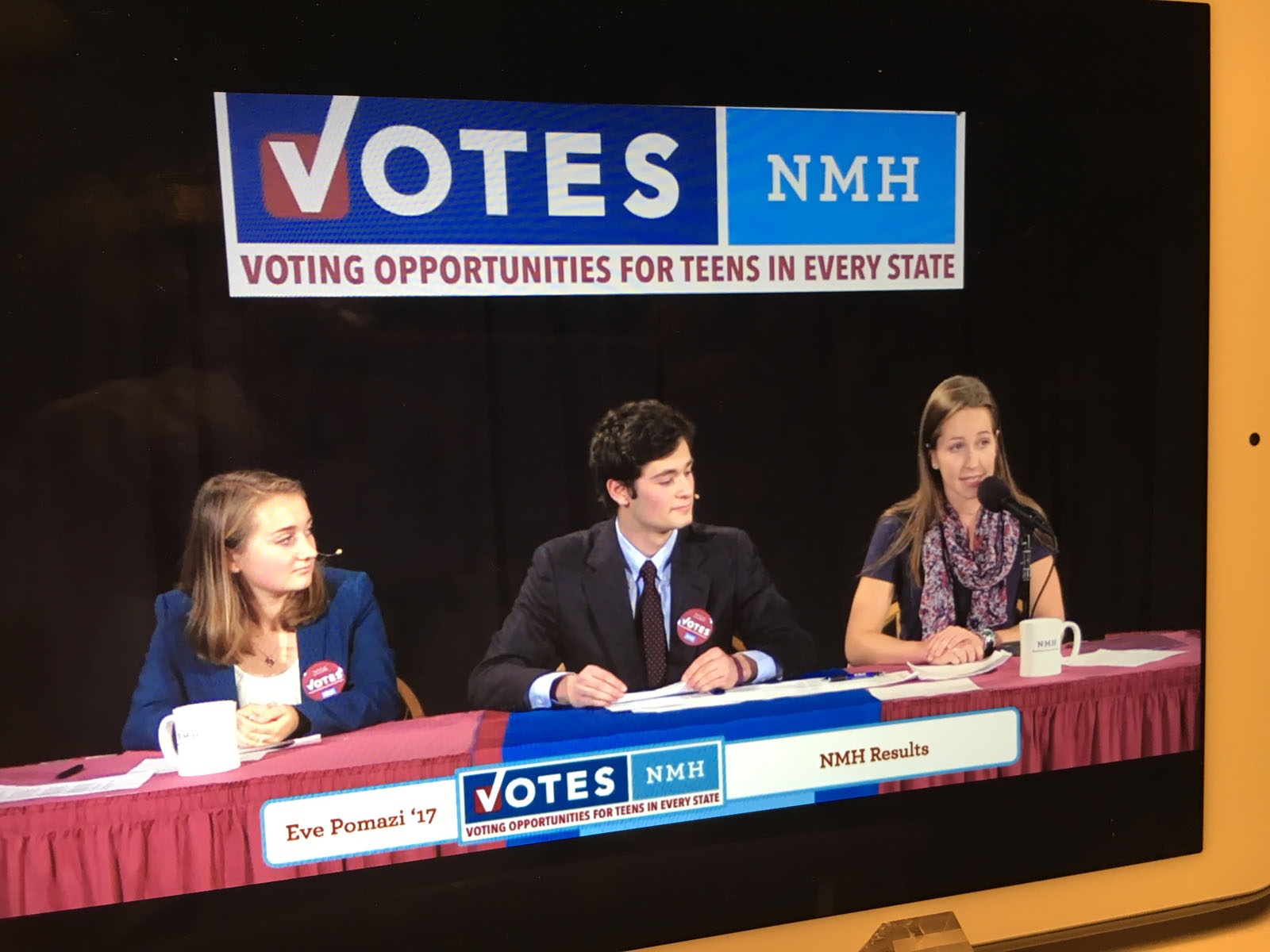
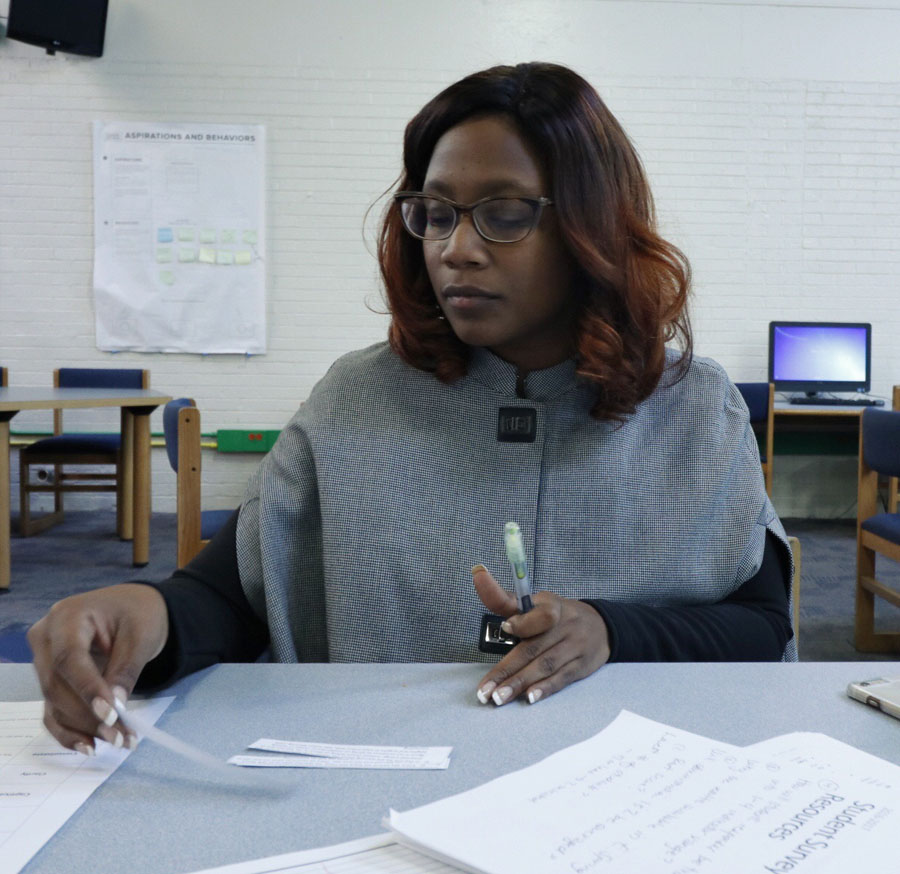
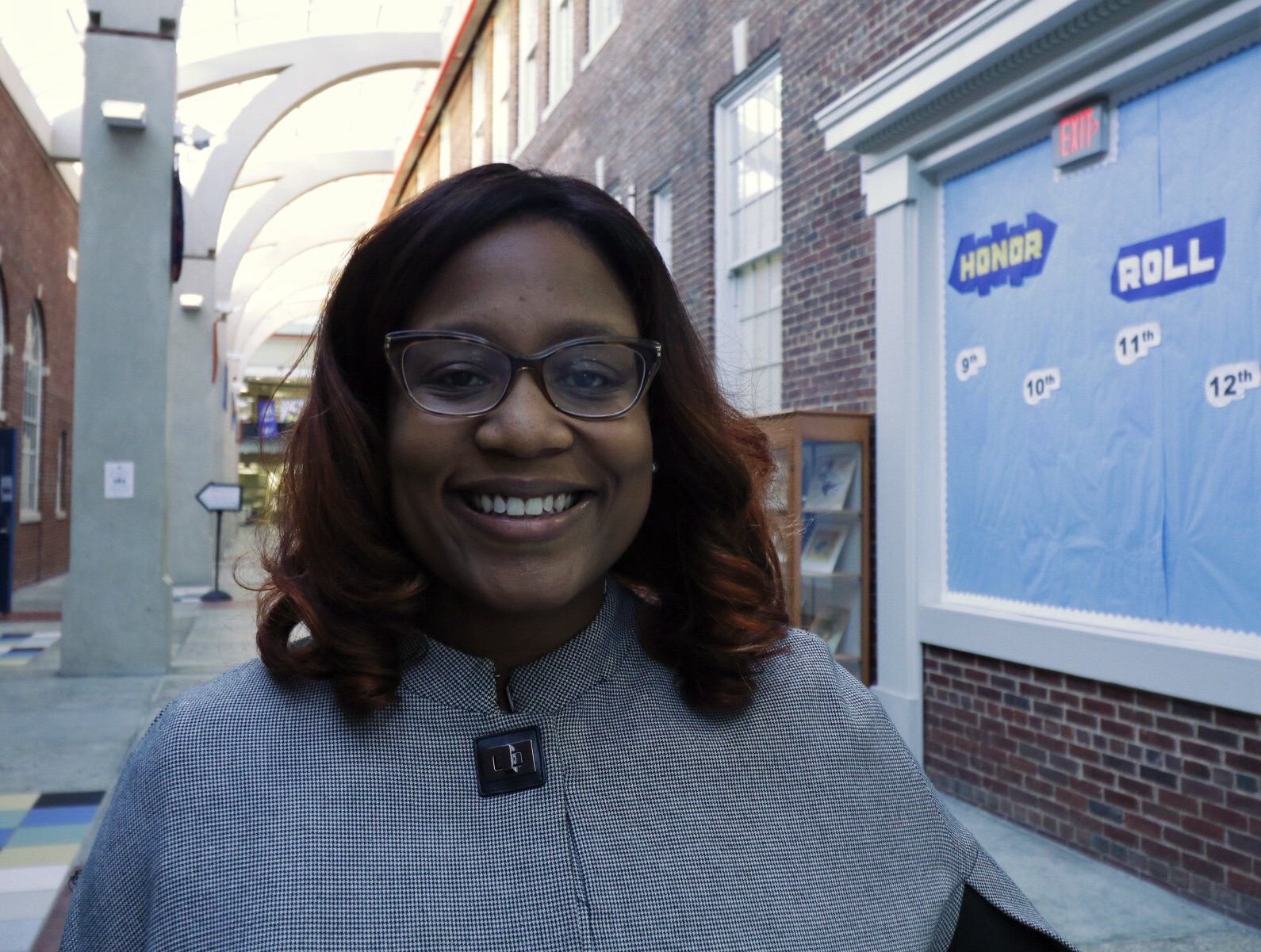
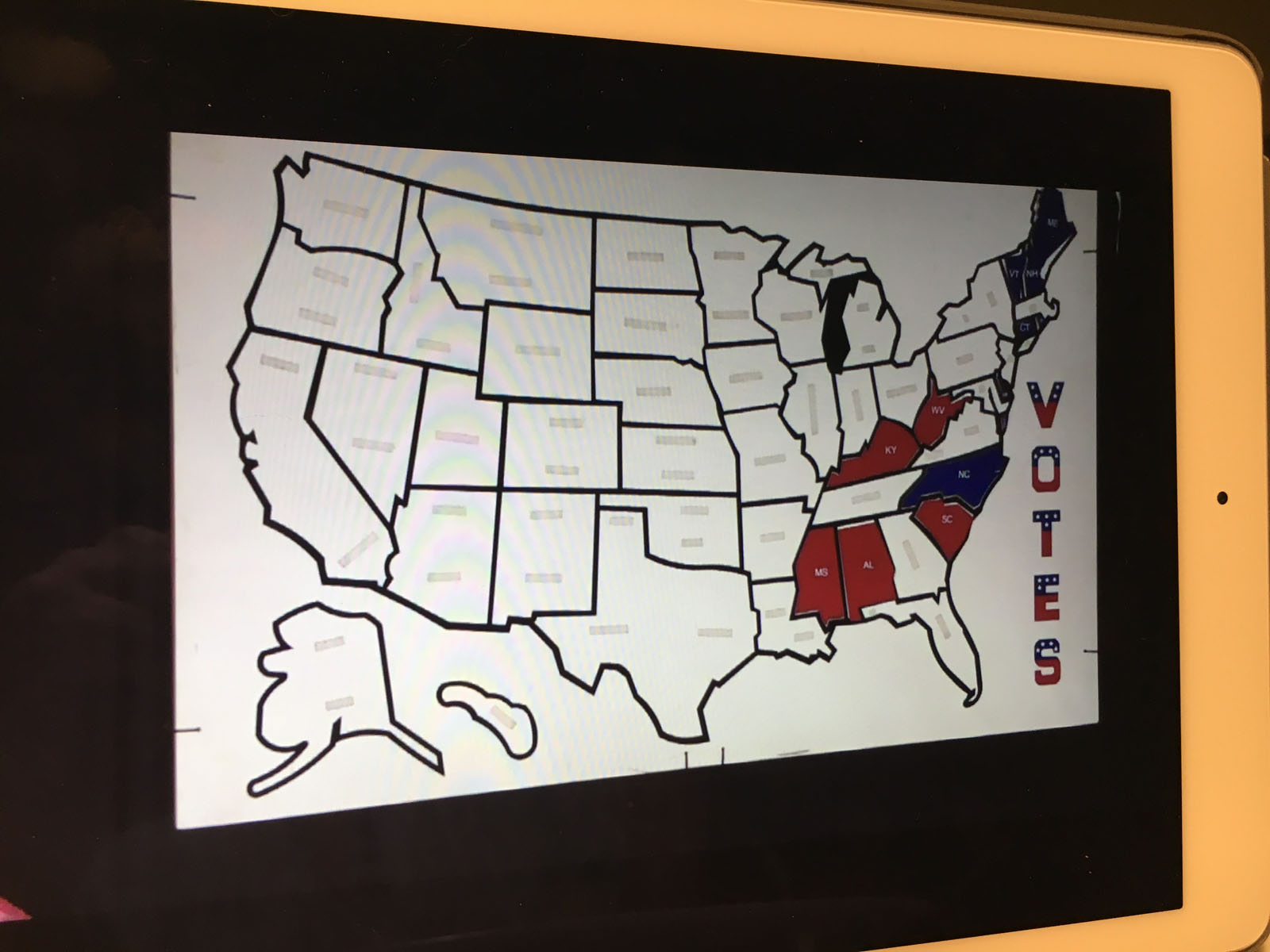
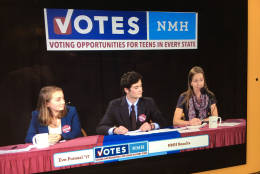
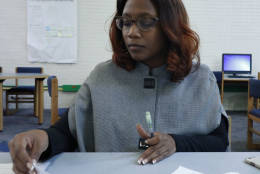
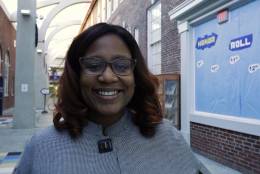
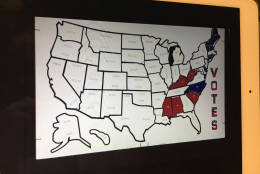
WASHINGTON — Even though Election Day just started, high school students across the country taking part in a mock election have already counted their votes.
The students participating in VOTES 2016 tallied the results of their mock election last week and announced the results in a live-stream event Sunday night.
VOTES stands for Voting Opportunities for Teens in Every State. The project is based at the Northfield Mount Hermon school in Massachusetts, and history teacher Jim Shea supervises the students.
Shea said the results from 160 high schools across the country showed Democratic presidential candidate Hillary Clinton as the winner with 332 electoral votes to Republican Donald Trump’s 206.
Shea said it’s true that the student mock election has correctly picked the winner in the last six out of seven presidential elections, but he pointed out that in their results, there were some likely anomalies.
“You know, I’m looking at a state like Louisiana — that was clearly the outlier in our election. Louisiana is not going to go for Hillary Clinton [on Tuesday],” Shea said.
Part of the exercise is helping students see beyond one dimensional political profiles. Shea said he worked to show students that this country wasn’t just a collection of solidly red or blue states, but in many ways, “We are all purple states, and there are pockets of both sides in every state.”
One of the schools participating in the VOTES 2016 mock election was Calvin Coolidge High School in Northwest D.C. Government teacher Lauren McKenzie said over the years, her students have been very interested in national politics. Part of that was the election of President Barack Obama, but another reason for the high level of interest was the result of McKenzie’s efforts to find ways for her students to connect with the topic.
“It’s about how you talk to them about politics, and giving them the opportunity to truly express themselves,” said McKenzie. She also found ways the kids could participate directly. They may be too young to vote, but they’re not too young to find other ways to take part in civic life.
McKenzie said the mock election was apparently infectious, with parents following along with their children’s studies. “Parents were watching debates with their children, taking notes, sending them to class, participating in the activities,” and really connecting with their children’s classwork,” she said.
Shea said that a number of schools opted out of taking part in this years’ mock election because the tenor of the contest was so bitter, but that just made him more determined.
“Our kids took it as a real challenge, and stepped up to it. We had great discourse on campus,” he said.
McKenzie had the same experience at Coolidge High. “Even the students who had different opinions were able to come to some agreement about policy ideas.”



